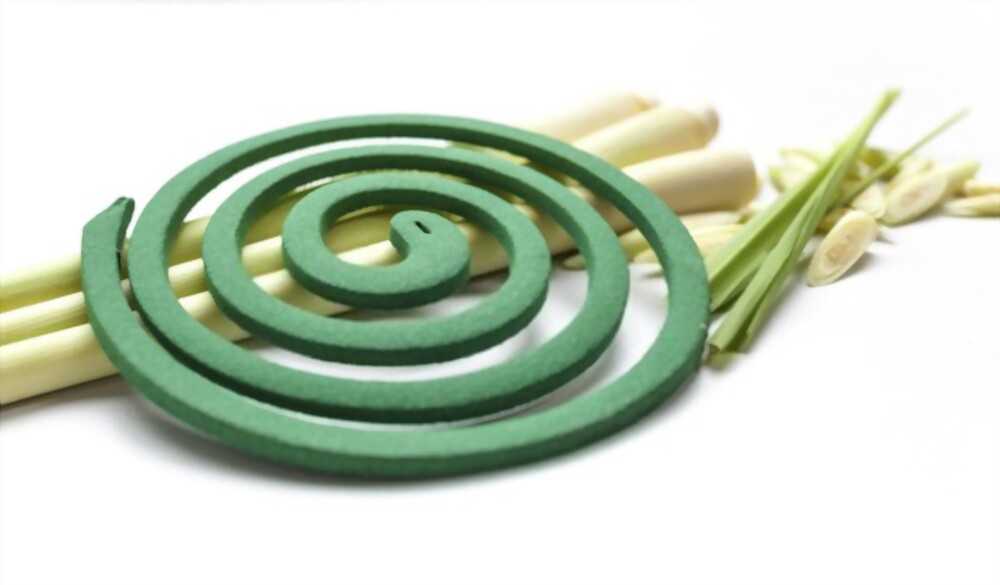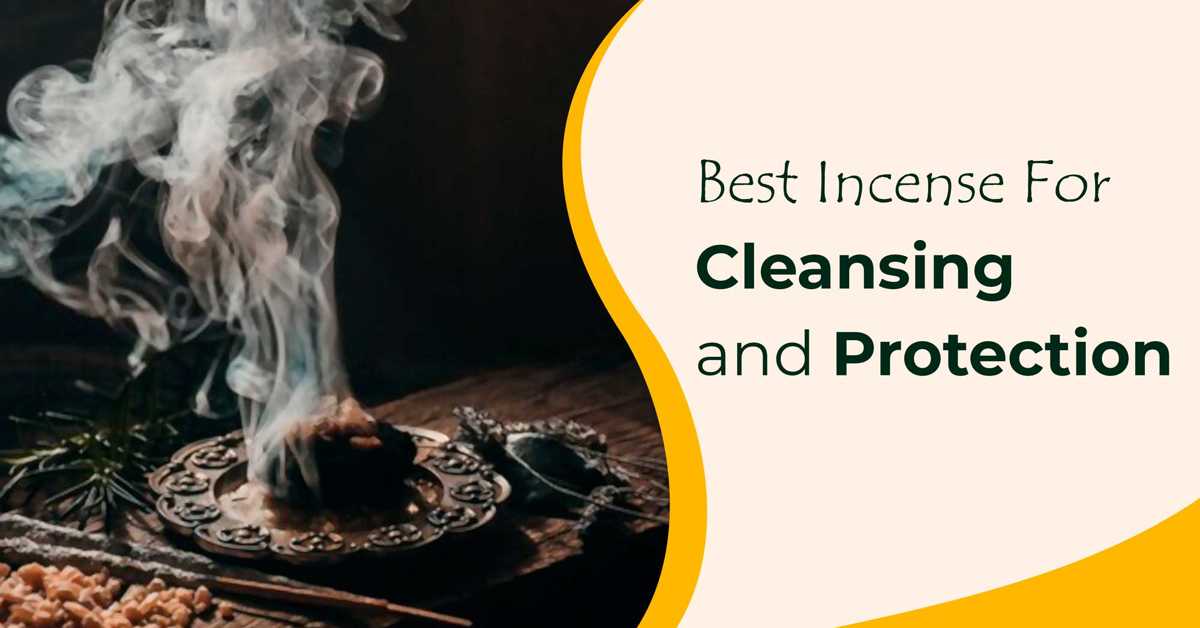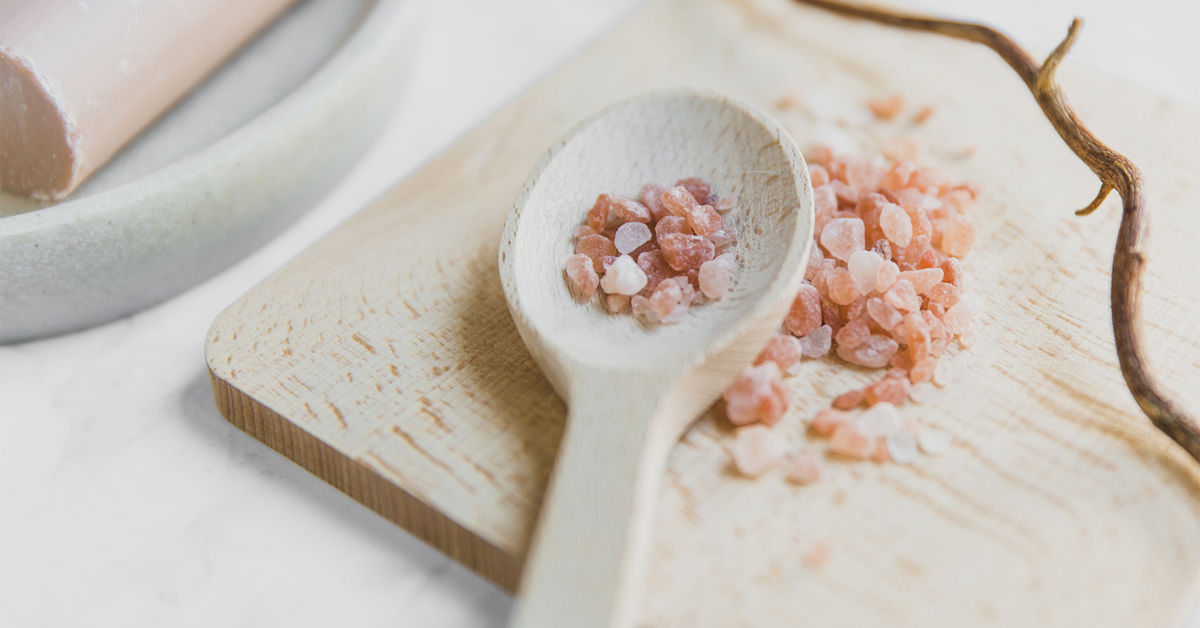Mosquitoes can be a huge nuisance, especially in the summertime. Not only do they cause itchy bites, but they can also transmit diseases like Zika and West Nile virus. While there are many commercial mosquito repellents available, some people prefer to use natural methods. If you're looking for an organic way to keep mosquitoes away, consider using incense. Incense has been used for centuries as a natural remedy for pests, and there are many different types that work well against mosquitoes.
In this blog post, we will discuss the best types of incense for repelling mosquitoes, and we will also provide tips on how to use them safely. Keep reading to learn more!
1. Lemongrass
Lemongrass incense is a great option for those looking for insect repellent. This type of incense contains citronellal, which is known to be effective at repelling mosquitoes. When used properly, lemongrass incense can provide long-lasting protection against these pests.
Lemongrass oil is the key ingredient in this type of incense that makes it so effective. This oil contains a high amount of citronellal, which is a compound known for its mosquito-repelling properties. In fact, citronellal is often used in commercial mosquito repellents.
Besides, it has a strong, citrusy smell that masks the scents that attract mosquitoes and other insects, making it an excellent natural insect repellent. There are many benefits to using lemongrass incense as an insect repellent, including its natural and non-toxic properties.
When using lemongrass incense as an insect repellent, it is important to follow the directions on the package. This will ensure that you are using the incense correctly and getting the most benefit from it. In general, you will want to light the incense and allow it to burn for a few minutes before blowing it out. Once extinguished, the incense should be placed in an area where mosquitoes are known to congregate.
As with any type of mosquito repellent, there are some precautions that should be taken when using lemongrass incense. First, keep the incense away from children and pets. Second, avoid inhaling the smoke from the burning incense. Finally, never leave burning incense unattended. Following these simple guidelines will help you enjoy all the benefits of this natural mosquito repellent.
2. Eucalyptus
Eucalyptus incense has been used for centuries as an insect repellent. The plant is native to Australia and the leaves contain natural insecticide properties. The main active ingredient in eucalyptus oil is eucalyptol, which is a natural insecticide. Eucalyptus oil has been shown to be effective against a variety of insects, including flies, mosquitoes, and ticks. In fact, eucalyptol is so effective at repelling insects that it is used in a variety of commercial mosquito repellents.
There are many benefits to using eucalyptus incense for insect control. First and foremost, it is a completely natural product. Unlike many commercial insecticides, which can be full of harmful chemicals, eucalyptus incense is safe to use around children and pets. Additionally, it is very effective at repelling mosquitoes and other flying insects.
To use eucalyptus incense for insect control, simply light a stick and allow it to burn. The smoke from the burning eucalyptus will repel insects. For best results, keep the stick burning in an area where you will be spending time. If you are using it outdoors, place it in a fire-proof container to prevent accidental fires.
As with any insecticide, there are some precautions that should be taken when using eucalyptus incense. First, because the smoke can irritate the eyes and lungs, it is important to use it in well-ventilated areas. Additionally, pregnant women and young children should avoid exposure to smoke. Finally, always extinguish the stick completely before disposing of it to prevent accidental fires.
Overall, eucalyptus incense is a safe and effective way to repel insects. Its natural insecticide properties make it an ideal choice for those looking for a safe and natural product. Additionally, its effectiveness makes it a great choice for those who want to keep mosquitoes and other flying insects at bay.
3. Rosemary
Rosemary incense can be an effective insect repellent because it contains linalool. Linalool is a natural substance that has been shown to repel a variety of insects, including moths. When used as incense, rosemary can help keep pests away from your home or office. When used properly, rosemary incense can also help keep other pests like cockroaches and ants away.
To get the most out of your rosemary incense, light the end of the stick and then blow it out so that it's smoldering. Place the stick in an incense holder and set it near doorways or windows where insects are known to enter. You can also move the stick around your home to help repel insects from different areas. Just be sure to exercise caution when using rosemary incense, as the smoke can be irritating to some people. If you have asthma or other respiratory conditions, it's best to avoid using rosemary incense altogether.
4. Lavender
Lavender incense is an effective insect repellent because it contains linalool and camphor. These two ingredients work together to create a strong scent that moths find repulsive.
Linalool is a natural compound found in many plants, including lavender. It has a sweet, floral aroma that is often used in perfumes and cosmetics. Camphor is a white, crystalline substance that has a strong, pungent odor. It is derived from the bark of the camphor tree and is used as a flavoring agent in food and as a topical medication for minor aches and pains.
When burned together, these two ingredients create a potent smell that repels moths. Lavender incense can be used in a variety of ways to keep moths away from your home.
You can purchase lavender incense sticks or cones and burn them in your home. This will help to fill the air with the repellent scent and keep moths away. You can also purchase lavender oil and add a few drops to a diffuser. This will disperse the scent throughout your home and provide long-lasting protection against moths.
If you are planning on spending time outdoors, you can take along a small bag of lavender incense sticks or a portable diffuser. This will help to keep moths away while you enjoy the outdoors.
When using lavender incense for insect repellent, it is important to take some precautions. Always burn incense in a well-ventilated area and never leave it unattended. Keep children and pets away from the area while the incense is burning.
Insect repellents are a great way to keep pests away from your home. Lavender incense is an effective, natural option that can help to keep moths at bay.
5. Dragon's blood
Dragon's blood incense is one of the best options for an all-natural insect repellent. Not only is it effective at keeping bugs away, but it also has a wide range of other benefits.
For one, dragon's blood incense is great for helping to relieve stress and tension. The scent of incense can help to improve your mood and make you feel more relaxed. It can also help to reduce anxiety and depression.
In addition, dragon's blood incense can also help to boost your immune system. The properties of incense can help to fight off infections and diseases. It can also help to speed up the healing process of wounds.
Finally, dragon's blood incense is also effective at repelling mosquitoes. The smoke from the incense can help to keep these pests away from you and your home. If you are planning on spending any time outdoors, it is definitely a good idea to have some of this incense on hand.
If you are interested in using dragon's blood incense for insect repellent, there are a few things you should keep in mind. First of all, it is important to make sure that the incense is lit properly. You don't want the smoke to be too thick or too thin.
It is also important to be aware of the fact that dragon's blood incense can be quite strong. If you are sensitive to smells, you may want to start by using a small amount. You can always increase the amount you use as needed.
Finally, it is important to remember that dragon's blood incense should not be used around children or pets. The smoke can be harmful to their health. If you do use it around them, make sure that they are in a well-ventilated area.
Overall, dragon's blood incense is a great all-natural option for insect repellent. It is effective, safe to use, and has a wide range of other benefits. If you are looking for an alternative to chemical-based repellents, this is definitely a good option to consider.
Conclusion
There are many types of incense that can be used as mosquito repellent. Each type of incense has its own unique smell, so it is important to choose the one that best suits your needs. Some of the most popular choices for mosquito repellent include citronella, eucalyptus, and lemongrass. All of these options have proven effective in keeping mosquitoes away, so it is up to you to decide which one you like best. Whichever type of incense you choose, make sure to follow the directions carefully to ensure that it is used correctly.
While we can’t guarantee that these specific incense will work for you, we hope that this list provides some good options to try out as you seek to repel mosquitoes. Let us know in the comments what has worked (or hasn’t worked) for you when it comes to using incense as a mosquito repellent, and be sure to share this post with your friends who are also looking for an all-natural solution to this pesky problem!
Related articles
Show moreSource
1. Reception of odors and repellents in mosquitoes
https://www.ncbi.nlm.nih.gov/pmc/articles/PMC4577459/
2. Insect repellents
https://www.tandfonline.com/doi/abs/10.3810/pgm.1997.08.291
3. Plant-based insect repellents: a review of their efficacy, development and testing
https://malariajournal.biomedcentral.com/articles/10.1186/1475-2875-10-S1-S11









